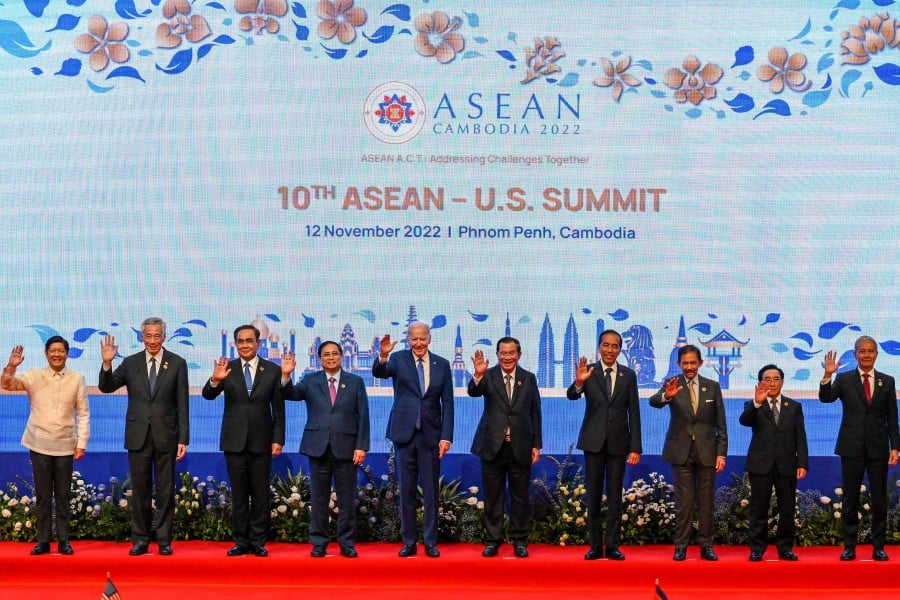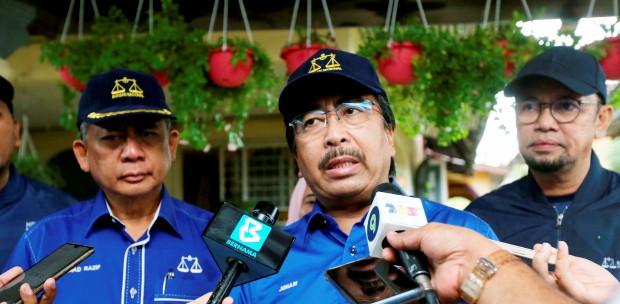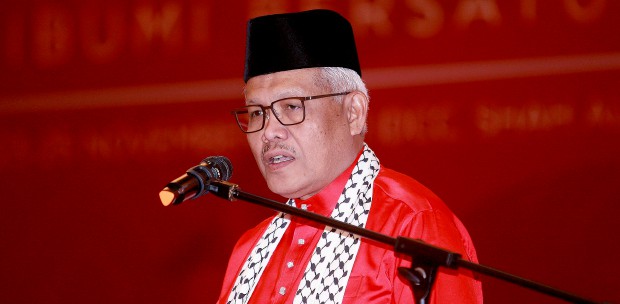It is unsurprising that foreign affairs have not become a prominent issue in the ongoing campaign for Malaysia's 15th general election (GE15).
With so many domestic issues at stake, politicians can hardly afford the time to delve into external policies and it is barely an issue that citizens want to be bothered with.
Yet, even if people do not realise the important role in the region of their country, it is going to be valuable to reframe the current electoral context from a geopolitical view.
First of all, foreign affairs is an area where both the future government and opposition could reach some consensus on the best ways to promote the national interests of Malaysia.
It is where it is going to be relatively easy to forge some bipartisanship and project a trajectory of foreign policy centred on multilateralism and regional cooperation.
In this perspective, it is going to be paramount for the next legislature to devote time to discuss the future of Asean and how Malaysia can play a huge role in ensuring its relevance and legitimacy in the 21st century.
The next government should also work out a detailed strategic approach on how the country can maximize its own interest by investing in the process of regional cooperation.
Unfortunately, Asean is a very complex organisation bringing together a variety of nations with vastly different political systems and related values.
While systemic changes in how the bloc works are for now only desirable but not doable in practical terms, this stark reality does not imply that a member state should not voice bold proposals.
This is a mission that a new government in power in Putrajaya, should pursue and prioritise by also involving the opposition.
It is here where Malaysia should focus on bringing forward a values-based approach that reflects the important milestones the country has achieved, not only economically but especially politically.
If there is one thing that Asean is not good at is engaging its citizenry, something that even a lay observer could realise by simply visiting the website of its Secretariat.
Instead of coming up with a revamped image supported by a pioneering public engagement strategy, a first for Asean, should be something that Malaysia should push for.
Putrajaya should make the case for a much-revamped way the Asean Secretariat projects itself to the world, an objective that could be easily supported by Jakarta that, next year, will hold the chairmanship of the bloc.
It is not just about better ways to rethink the Asean brand but more importantly, finding new ways for the citizens of the region to better understand how the bloc works and, how they can connect with it.
As per now it is as if the regional group operates in a vacuum, afar from the people of the region that are supposed to own it.
A visionary foreign policy in Putrajaya, one that recognises that national prosperity is strictly linked to the future of the region, should embrace the opportunity to build bridges between the people and the process of regional policy making.
As it is, such process is so aloof and remote that no one really seems to care about it.
Reaching a new understanding with Indonesia on how to bring people to the heart of Asean could shape the future relations between Jakarta and Putrajaya.
The two nations must forge a common partnership to advance their common stance with regard to regional cooperation, starting from Myanmar where both nations are willing to go much further to condemn and isolate the military junta illegitimately in power there.
That's why it is important for Malaysia to envision a foreign policy approach that also highlights the importance of human rights.
Finding ways to meaningfully strengthen the role of the Asean Intergovernmental Commission on Human Rights should be another focus for the new government.
This is also another point where Indonesia and Malaysia can push the envelope to lift the Asean community with embedded human rights mechanisms.
Of course, there is also climate action, another area where Asean could play a much stronger role than now, helping to connect the linkages between global warming and inequalities.
Bringing changes in the way Asean works is in the best interest of Malaysia. Its citizens and its politicians should care enough to envision a foreign policy that can harnesse the collective power of one of the most dynamic though unequal regions in the world.
Recognising the potential of a stronger Asean implies for Putrajaya a major effort and even more special relationship with Jakarta akin perhaps to the one long established between Paris and Berlin, the so-called engine of the EU, even when sometimes the engine does not kick in.
While we should not expect much from Asean Summit this week in Cambodia, there are still ways to better imagine a different regional association. Malaysia should take a stand and promote a new type of Asean that its own citizens would be proud of.
The author writes on civic engagement, youth development, the SDGs, human rights and regional integration in the context of Asia Pacific.






